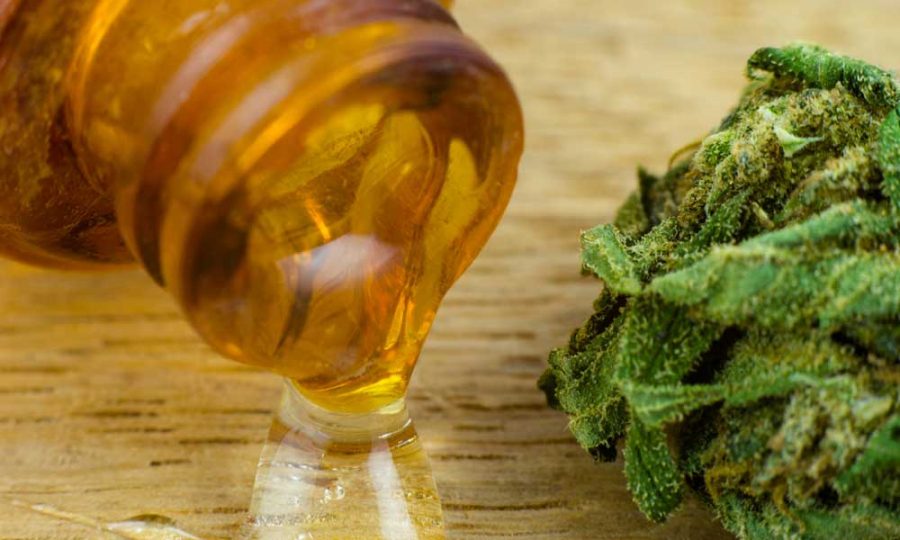Study shows CBD could be the solution for cannabis addiction
The first ever randomized clinical trial on CBD (cannabidiol) for cannabis use disorder has delivered some interesting insights. Published in the Lancet Psychiatry, the MRC-funded trial saw researchers give 82 volunteers either CBD or a placebo. Based on their findings, the study researchers claimed that CBD could help people to give up their habit.
All of the volunteers were identified as being individuals who previously struggled to quit using the plant, which is often enjoyed for its mind-altering effects. While the psychoactive constituent of cannabis – tetrahydrocannabinol (THC) – may cause the user to feel “high”, so to speak, the non-psychotropic compound CBD does not.
Extending over four weeks, the researchers monitored the effects of CBD for cannabis addiction with a six month follow-up period. Three separate doses were used to determine the efficacy; no other trial has been conducted and so the dosage disparities were of the utmost importance.
Trial on CBD for cannabis addiction had two stages
Understanding the specific dosage of CBD for cannabis addiction is integral to determine how this non-psychoactive cannabinoid can do its job. During the trial’s first stage, 48 volunteers were given either a placebo or a varying dosage of CBD — 200mg, 400mg or 800mg. After some investigating, they determined that CBD at its lowest dose was fruitless. Upon discovering this, they eliminated 200mg CBD from the trial.
For the second stage, researchers recruited 34 more volunteers to be administered with either a placebo or CBD to the amount of 400mg or 800mg. After monitoring patients, the team concluded that 400mg or 800mg was the most effective at lessening cannabis use; as opposed to a placebo. Furthermore, individuals who were treated with CBD for cannabis addiction demonstrated reduced levels of cannabis in their urine and a longer duration of abstention from using the plant.
“Our findings indicate that CBD doses ranging from 400mg to 800mg daily have the potential to reduce cannabis use in clinical settings, but higher doses are unlikely to bring any additional benefit. Larger studies are needed to determine the magnitude of the benefits of daily CBD for reducing cannabis use,” said senior author and Director of the Clinical Psychopharmacology Unit at University College London, UK, Professor Valerie Curran.
CBD for cannabis addiction was well tolerated at all doses
Researchers specially selected people to partake in this trial on CBD for cannabis addiction. Each and every study subject reportedly fell into an unhealthy pattern of cannabis consumption that ultimately led to them experiencing distress of some kind. Individuals with cannabis use disorder claimed that they had failed in their efforts to quit using the plant at least once previously.
“The results from our trial open up a novel therapeutic strategy for managing problematic cannabis use in clinical settings. As we highlight, CBD at daily oral doses of 400mg and 800mg has potential to address the substantial and currently unmet clinical need for a pharmacological treatment of cannabis use disorders,” said the study’s lead author Dr. Tom Freeman, who also assumes the role of Director of the Addiction and Mental Health Group within the Department of Psychology at the University of Bath.
In comparison with placebo, CBD produced no side effects. In total, treatment was completed by 94 percent of the volunteers. While, for some people, High Street products may be effective in their small doses (around 25mg daily), the researchers exerted more energy into – and gleaned a greater outcome from – CBD products with a higher dosage.
“Whilst it may seem counterintuitive to treat problematic cannabis use with CBD – a constituent part of the cannabis plant – THC and CBD have contrasting effects on our own endogenous cannabinoid system. Unlike THC, CBD does not produce intoxicating or rewarding effects and it shows potential for treating several other medical disorders,” he concluded.








